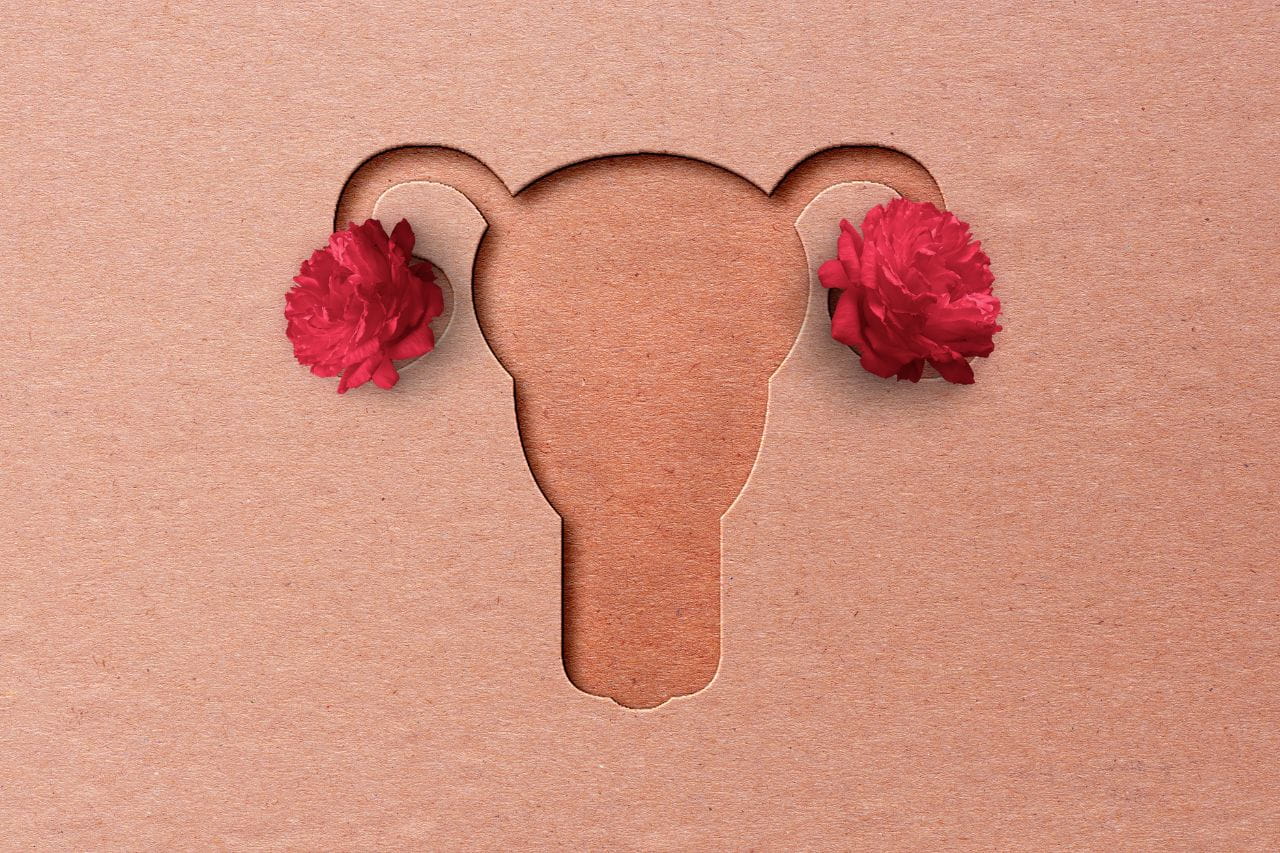What Is Progesterone?

How Does Progesterone Affect the Body?
Progesterone is involved in several of the body’s processes.Breast tissue growth
When a girl reaches puberty, progesterone causes her breasts to start developing. During what are called luteal phases (the time between ovulation and the first day of the menstrual period), progesterone stimulates breast tissue, causing growth. In women, the increase in progesterone each month is believed to cause breast swelling and pain.Uterine changes during the menstrual cycle
Progesterone works with estrogen to thicken the lining of your uterus so that a fertilized egg can implant in it. If fertilization doesn’t occur, the progesterone level drops and the uterine lining breaks down, resulting in a menstrual period.Uterine lining maintenance during pregnancy
If you become pregnant, progesterone production by the ovaries remains high, causing the uterus to maintain its thickened lining. At around ten weeks, the developing placenta becomes the primary source of progesterone for the rest of the pregnancy.Studies suggest that progesterone may also reduce the anti-inflammatory action of the immune system, thereby reducing the risk of miscarriage and preterm labor.
Mood and energy level regulation
Progesterone and estrogen interact with brain chemicals to modify your mood and energy level. A substance called allopregnanolone, which is made from progesterone, interacts with GABA receptors to reduce anxiety and create a sense of calm in much the same way that alcohol and sedatives do.This reaction is why you may have less energy just before your period and experience fatigue early in pregnancy. On the other hand, as progesterone production increases, it may disrupt the functioning of allopregnanolone, causing agitation and anxiety.
Problems Caused by Low Progesterone
If your body isn’t producing enough progesterone, you may experience low progesterone symptoms like:
- Lack of periods (amenorrhea)
- Infertility
- Miscarriage
In some instances, your doctor may prescribe a progesterone supplement to address these issues.
What Is a Progesterone Test?
If you are struggling to get pregnant or experiencing other health issues that might be hormone-related, your doctor may order a blood test to check your progesterone level. If it’s low, they may prescribe a progesterone supplement.Obtained from natural sources or produced synthetically, these supplements can also serve other purposes like contraception, pregnancy support (including after in vitro fertilization), and menopausal hormone replacement. Doctors also prescribe progesterone for perimenopause.
You can take the hormone by mouth as progesterone pills, intramuscular injections, or as vaginal gels or suppositories.
Progestins, which are medications similar to progesterone, may also be prescribed to treat conditions causing excess estrogen. This includes polycystic ovary syndrome (PCOS) and occasionally obesity. The medication reduces abnormal uterine bleeding and helps protect the uterine lining.
Progesterone Side Effects
If you’re taking progesterone and experience any of the following side effects, you should tell your doctor:
- Headache
- Breast pain or tenderness
- Upset stomach or vomiting
- Vaginal discharge
- Mood swings
- Cough
- Diarrhea
- Constipation
- Trouble urinating
- Sneezing
- Tiredness
- Runny nose
- Muscle pain
- Bone or joint pain
- Irritability
- Anxiety
How to Increase Progesterone Naturally
If your progesterone level is somewhat low, you can elevate it naturally by taking certain actions and eating specific foods. For example, you should maintain healthy body weight, avoid excessive exercise, and lower stress levels.
And while foods don’t contain progesterone, some can encourage increased production in the body. They include:
- Whole grains
- Beans
- Nuts
- Broccoli
- Brussels sprouts
- Spinach
- Cabbage
- Pumpkin
- Cauliflower
- Kale
You may also be able to lower the amount of estrogen in your body — thereby increasing the ratio of progesterone to estrogen — by eating bananas, shellfish, cabbage, and walnuts.
Learn About Women’s Services at Baptist Health
Progesterone is part of a complex hormonal system that keeps you healthy. Hormonal imbalance in women can lead to various health issues.If you have questions or concerns about your health, Baptist Health can help! Learn more about our women’s services today.


.jpg?rev=eb7780cd61f14cb7822b4204e345cff6)
